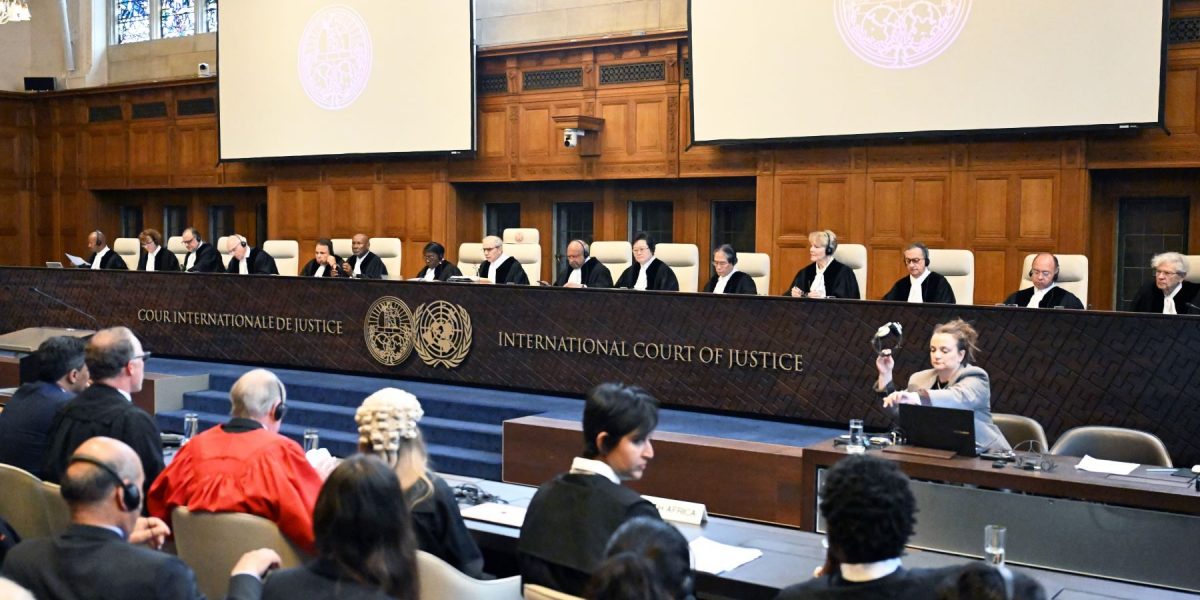Key takeaways
- South Africa’s ICJ case marks a shift from symbolic solidarity to active legal diplomacy.
- The case reflects frustration with traditional diplomacy and tests multilateral institutions in crisis.
- South Africa’s actions are shaped by postapartheid constitutionalism and deep ties to Palestinian self-determination.
- Compared to other Global South states, South Africa took a more assertive and public legal route.
- Domestic civil society mobilisation and historical identity as a human rights state enabled this engagement.
- The move aligns with a broader trend of middle powers using international law to assert influence amid global polarisation.








